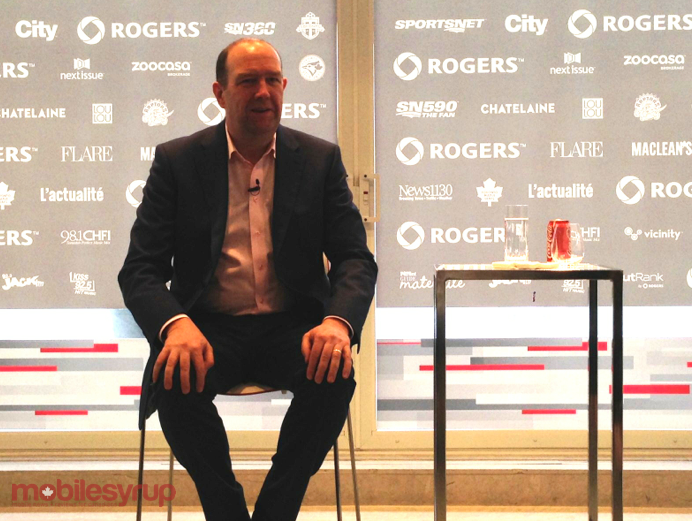
The CRTC has found Rogers engaged in what it is calling “unjust discrimination” and “undue preference” towards new entrants in respect to roaming agreements.
Canada’s enforcer of telecommunication rules came down hard against the country’s largest carrier, banning it or any other carrier from adding exclusivity clauses into domestic roaming agreements. The report comes after an announcement in December that the CRTC would review the practice of domestic roaming agreements, which allow smaller carriers like Wind, Mobilicity, Videotron and others, to offer cellular service in areas it owns no equipment. In March, the Commission recommended a change to the Telecommunications Act whereby telcos would be barred from charging other carriers more than they charge their own customers for various wireless services.
The decision today singles out Rogers as the main culprit in suppressing wireless competition across the country by making it financially unfeasible for smaller carriers to receive fair wholesale prices for domestic roaming services.
According to the aggrieved parties, “national wireless carriers are able to engage in unjustly discriminatory and unduly preferential behaviour because they are in a significantly better bargaining position than the new entrants and small mobile wireless carriers.” Telcos like Rogers are accused of unfairly keeping domestic roaming costs high to prevent new entrants from establishing themselves on a national level.
The same point was raised by the Competition Bureau earlier this year when it said, “national wireless carriers can use wholesale roaming agreements as a strategic tool to ensure that new entrants are not, and do not become, effective competitors… [and] there is a significant risk that they will either become niche players with little competitive effect or simply exit the Canadian mobile wireless market.”
The CRTC found that Rogers was enforcing exclusivity agreements with its roaming partners, preventing the smaller telcos from seeking better prices elsewhere. Rogers and its incumbent peers, Bell and Telus, disagreed with the assertion, saying that exclusivity agreements actually lowered prices, and that domestic roaming can’t be compared to international roaming because the former is usually unidirectional while the latter is reciprocal, benefitting both parties.
Thankfully for the new entrants, the CRTC disagreed, chastising Rogers for entering into exclusive agreements with new entrants but not with other established players, both nationally and internationally.
The decision to end exclusivity agreements is one step further towards full-on wholesale domestic roaming regulation. The CRTC has yet to decide whether it will force companies like Rogers to set a maximum rate at which to charge domestic roaming partners, but the decision today certainly gives smaller companies like Wind, Videotron, Eastlink and others the leverage they need to begin negotiating lower prices. It must also be noted that at the time new entrants like Wind and Mobilicity were negotiating roaming agreements, Rogers was the only company with a GSM network capable of supplying a seamless experience “home” and “away” service areas.
Implications for domestic roaming caps are still being determined, but regional carriers like SaskTel, MTS, Eastlink, Videotron and others worry that such limits on wholesale roaming rates would backfire, since incumbents like Rogers, Bell and Telus would legally be allowed access to areas they don’t offer service at severely discounted rates. That’s likely why, at the moment, the CRTC is only limiting exclusivity agreements.
As it stands today, “Exclusivity clauses in current wholesale roaming agreements between Canadian carriers are therefore rendered inapplicable as of the date of this decision.” The domestic roaming issue is still messy, but the CRTC, thanks to changes in the Telecommunications Act, is taking a wait-and-see approach. A public hearing “on the competitive state of the wireless market” will be held in late September.
[source]CRTC[/source]
MobileSyrup may earn a commission from purchases made via our links, which helps fund the journalism we provide free on our website. These links do not influence our editorial content. Support us here.


